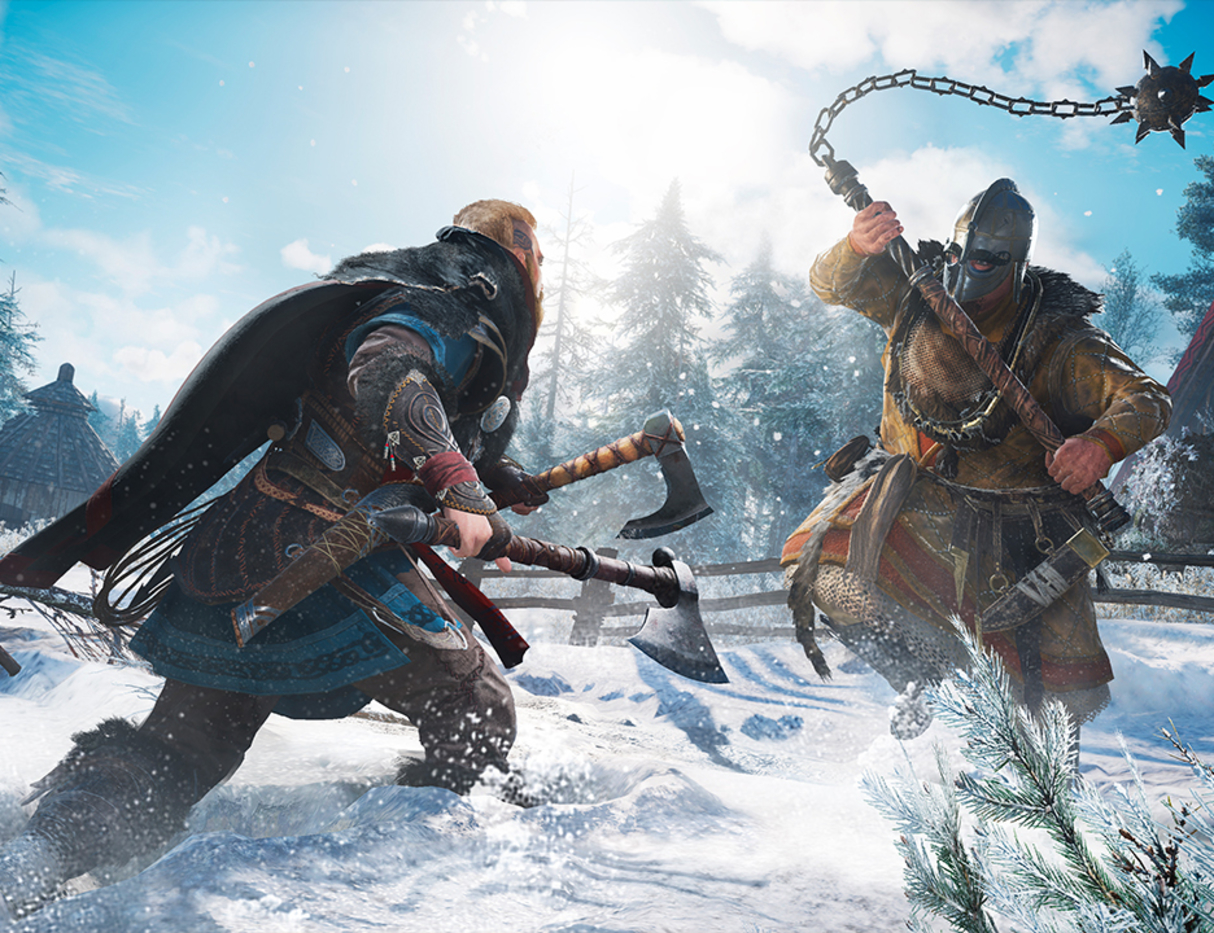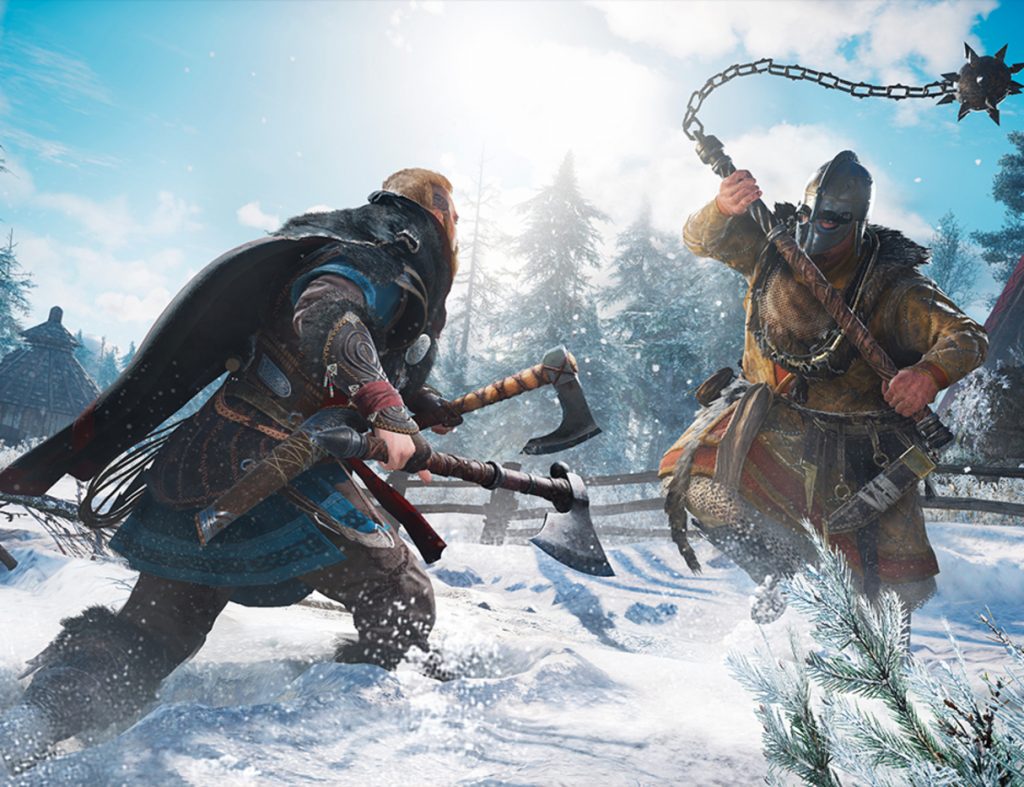The recent reveal of Assassin’s Creed Valhalla has inspired a variety of reactions. Some are excited about its theme and setting, some are thrilled to see more of the Assassin’s Creedy Odyssey-style RPG gameplay, and some others are worried that the series continues to abandon its routes. The one thing that is clear is that the Assassin’s Creed series is still insanely popular and still generates a ton of discussion.
Maybe that’s part of the reason why some people are worried that Assassin’s Creed Valhalla takes the franchise’s alternative history style too far.
The Assasin’s Creed series has always had a…loose relationship with history. While they have typically emphasized historical settings and typically featured real historical characters, the series has never been afraid to adjust the details of certain historical events in order to tell a story. There have even been times when the writer’s deliberately presented a piece of alternate history. For instance, Assassin’s Creed 3‘s DLC imagined that George Washington became a tyrannical dictator.
The current Assassin’s Creed Valhalla situation is one of the series most notable historical deviations, though. Based on what we’ve seen in the game’s early trailer and promotional material, Valhalla will present the battle between England and the Viking armies from the perspective of the Vikings. For instance, there’s a scene in the debut trailer in which King Alfred’s proclamation that the Vikings are bloodthirsty heathens contrasts with a visual of them playing with their children and letting women and children go during one of their attacks.
There are a couple of notable problems with that approach. The first is that portraying the Vikings as merciful and peace-loving is, at best, a controversial viewpoint. While it’s true that Vikings had a culture beyond war and killing, the few survivor reports of their raids that do exist typically portray them as an especially ruthless people whose raids included atrocities we will not detail here.
The other big issue from a historical viewpoint is that the battle between the Vikings and King Alfred was not exactly the result of hostility from England. In fact, Alfred tried to settle the conflict with the Vikings peacefully on numerous occasions, and reports indicate that it was the Vikings that broke those treaties. History is kind of complicated, but many historical reports portray the Vikings of this era as the conquering aggressors.
You also have to consider the fact that some dangerous modern groups have adopted the Vikings as mascots of sorts due to their violent nature and misconceptions regarding their race and heritage. Without diving too far into that element of the controversy, it’s safe to say that it’s a particularly awkward time to try and shine a positive light on the Vikings.
You can look into the details fo that situation yourself, but one question remains: Should Assassin’s Creed Valhalla be portraying the Vikings as heroes?
That depends on a lot of factors, but one of the biggest depends on whether or not Valhalla tries treating its portrayal of Vikings with any kind of historical accuracy. Remember that Assassin’s Creed Odyssey was a piece of pure fantasy, and the series has previously portrayed similarly controversial groups (notably pirates) through rose-colored glasses. You could argue that it’s in the franchise’s DNA to bend history to its will.
On the other hand, it could be undeniably awkward if Valhalla utilizes a similar approach to previous games in the series by putting one foot into historical accuracy and another into fantasy. Films like Braveheart have shown how popular, wildly historically inaccurate works that portray themselves as being historical tales can warp the perception of facts for years to come.
We hope that Valhalla proves to be more complex or more overtly fantastical than it appears to be thus far. Otherwise, Ubisoft could have some awkward questions to answer about what the Assassin Creed‘s franchise’s relationship with history really is.




